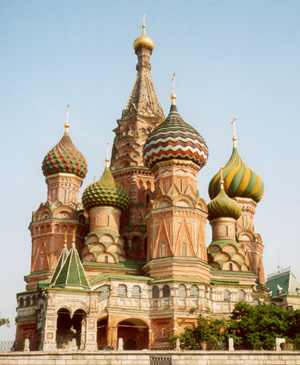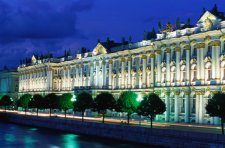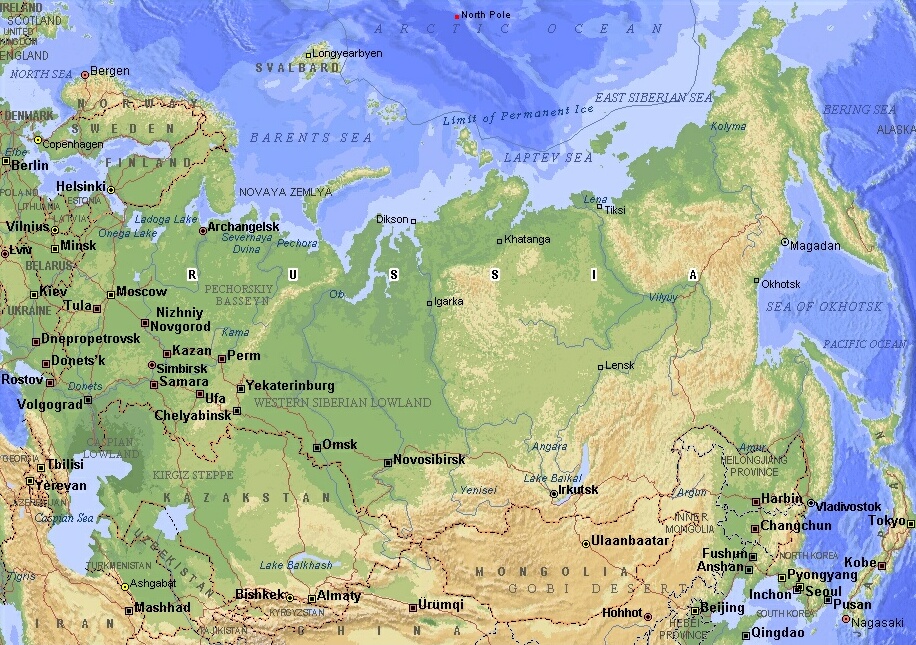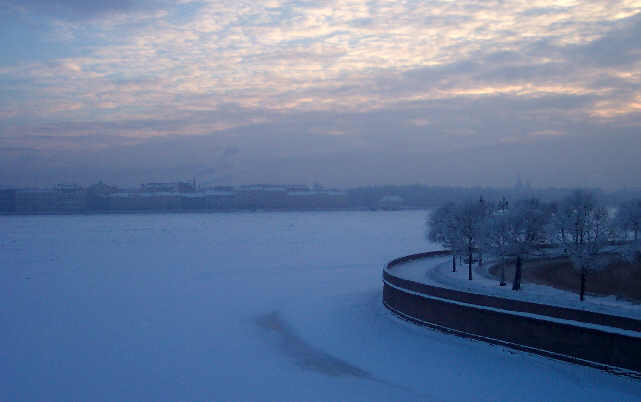
By
Tom Riess
Rakan Badawi
Nick Ionita
Russia’s official name is the Russian Federation
(Rossiyskaya Federatsiya). In terms of land it’s
the largest country in the world spanning 17,075,200
sq km, with a population of 143,782,3381.3.
With a capital city of Moscow, Russia is a Federation
of 89 states whose current President is Vladimir Putin. A Federation
is a type of government whose sovereign power is formally split through a
constitution between a central authority and a number of constituent regions
(in Russia’s case States). Each of these regions is responsible for
some management of its internal affairs. Russia has a had a long history of
political change, and has only recently been federated when the U.S.S.R. otherwise
known as the Soviet Union split into 15 independent
Republics in 1991. Russia has struggled since then to move away from
a past influenced by communism into a more democratic political system and
economic market. Its development has been slowed due to financial recessions
that plagued the country in the mid to late 1990’s.
Russia sits in a unique situation for a developing country as its political
and economic turmoil have affected its progress in today’s information
economy. Due to many advances the Soviet Union made during the Cold War, it
has a wealth and strong history of technically educated workers from its defense
industry. Approximately 98% of the Russian population
over the age of 15 is literate. The Russian constitution guarantees
the right to free preschool, basic general and secondary education until the
age of fifteen. By 1995 Russia had 500 secondary schools including 42 universities1.1.
Russia’s set back comes from the lack of standardization in education
curriculum and funding between its many regions after the fallout of the Soviet
Union. Many regions developed unevenly in terms of education students received,
and the level of ICTs used within schools. Russia’s economic recession
after the Soviet Union’s fallout also hurt the country’s technological
advancement’s greatly. Due to the country’s vast geographic size,
undeveloped telecommunications infrastructure also makes it difficult for
technology to be evenly distributed to all its citizens. Despite all its set
backs, Russia has a plan in place to help the country advance within the next
10 years and regain its former prominence as a global technology leader.
Russia has a proven track record as a past ‘Super-Power’ that
resulted in fierce competition with the United States for innovation. The
focus of this paper is to evaluate the Former Soviet Union for its ability
to compete in the global IT marketplace. The areas of network readiness (access,
learning, society, economy, and policy), that include recommendations within
each section and a comparison to an Offshore Outsourcing framework will be
discussed.





